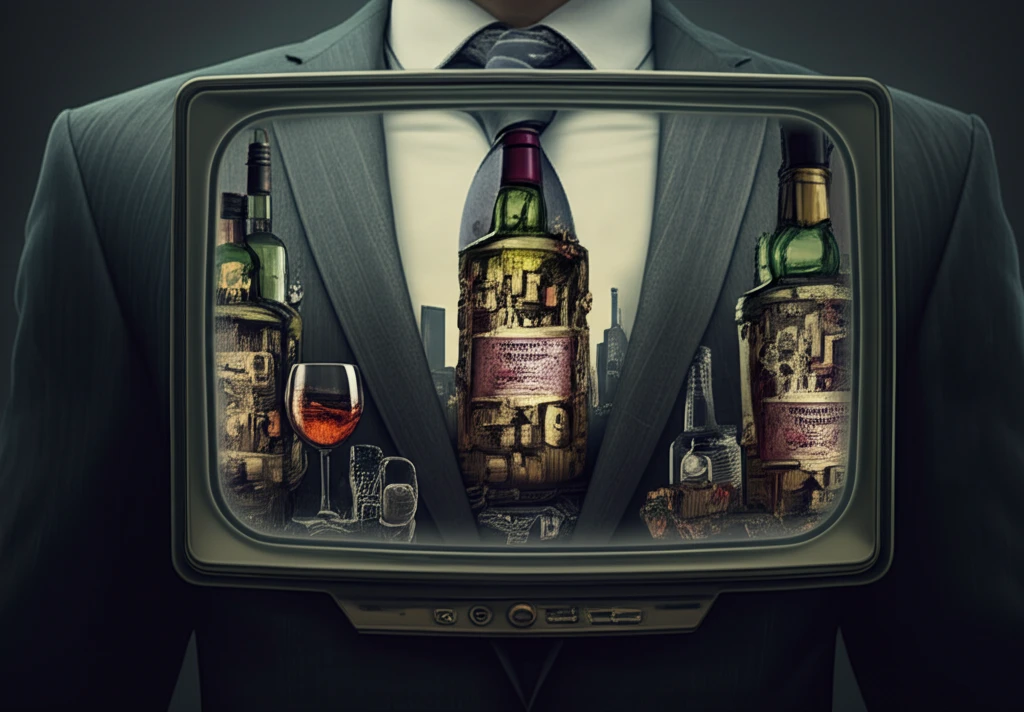
Happy Hour or Hazard? Unpacking Alcohol's Role in Workplace TV Dramas
"From 'Suits' to 'Grey's Anatomy,' are our favorite shows normalizing on-the-job drinking?"
Imagine the scene: Two high-powered lawyers, unwinding with a glass of scotch after a long day. Or a team of doctors, toasting a successful surgery with champagne. These moments, common in workplace TV dramas, often paint a picture of alcohol as a normal, even essential, part of professional life. But how accurate is this portrayal, and what impact does it have on our perceptions of drinking at work?
A recent study, published in Mass Communication and Society, delves into this very question. Researchers Mira Mayrhofer and Jörg Matthes analyzed popular workplace-related TV dramas to understand how alcohol is depicted, the motivations behind on-screen drinking, and the potential consequences shown. Their findings offer a fascinating, and sometimes unsettling, look at the role of alcohol in the fictional world of work.
By exploring the prevalence of alcohol in these shows, the study sheds light on how television may be shaping our understanding of acceptable workplace behavior. Understanding these portrayals is crucial, especially considering the real-world implications of alcohol misuse in professional settings.
The Sobering Reality: What the Study Uncovered?

The study's analysis of popular shows like 'Grey's Anatomy,' 'Suits,' and 'House of Cards' revealed some striking trends. The researchers looked at both visual and verbal references to alcohol, as well as character interactions with beverages. They also examined the reasons characters drank, the outcomes of their alcohol consumption, and the characteristics of the characters themselves.
- Alcohol is Everywhere: Over 90% of episodes depicted alcohol use.
- Workplace Drinking: A third of workplace beverages were alcoholic.
- Social Lubricant: The primary motivation was social ease.
- Consequences? Rarely: Negative outcomes were infrequently shown.
Time to Rewind? Reconsidering Alcohol's Role On Screen
The study's findings raise important questions about the impact of these portrayals on viewers. By showcasing frequent alcohol use in the workplace, often without negative consequences, TV dramas may be normalizing this behavior and shaping our perceptions of what is acceptable in professional settings. It's a reminder that what we see on screen can influence our understanding of the world, and that critical viewing is essential.
